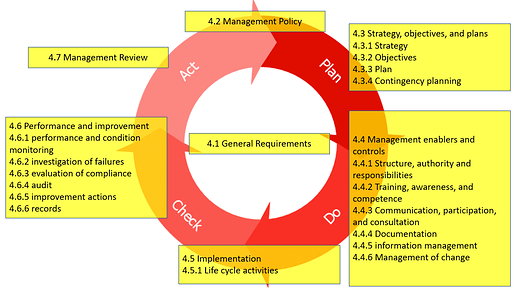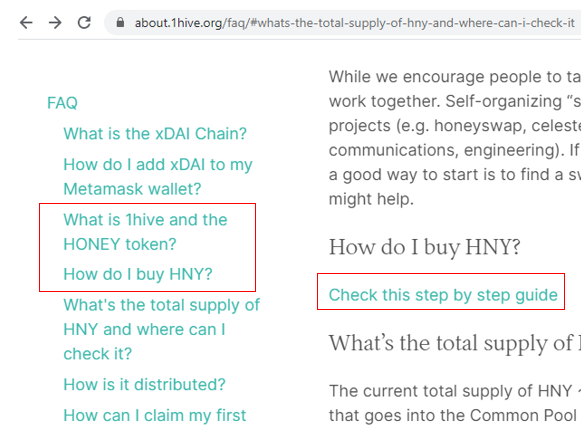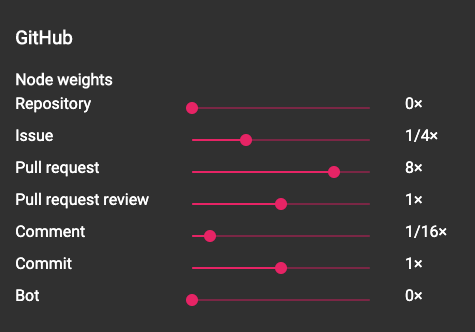1hive Wiki Proposal
Proposal Information
Background:
With the increasing demand for quality control around documentation (see rationale) we are proposing the Fauna Swarm take primary responsibility for documentation oversight to be within their scope of work. This documentation will be stored on an independent wiki repository on the 1hive github. Fauna was initially formed to providing support and/or act as moderators. Terra is dedicated to translating 1hive projects, documentation and resources and will support Fauna in with quality control for translations. This does not mean Fauna will be the creators of the documentation. Anyone will be able to help standardize and consolidate documentation (wiki).
The topic of developing a wiki started well before I become a member of the 1hive. However, after reaching out to the 1hive community several pointed me in the direction of Luigy lemon. I began my conversations with Luigy lemon in late October. Over the past month I have had about a dozen very intentional meetings including over a dozen 1hive members via live voice chat, discourse, and discord. The primary contributors that have been very helpful in this pursuit have been lEscanore & luigy 𝗹𝗲𝗺𝗼𝗻, thank you. If you wish to know others who contributed, I can provide their names if community wishes.
Proposal Rationale
At some point when a new user joins the 1hive or tries to access the faucet they start to look for answers that start out basic. The questions are mostly geared towards interacting with the different interfaces such as the bridge, metamask, honeyswap, the faucet, getting verified, the farm, etc. At some point in their journey at the 1hive they may come across pollen and find out that contributing to the 1hive can earn you cred. As they look to see how they can help, they quickly come across dozens of articles and videos. A lot of the articles end up providing similar information just being presented in a different way and occasionally some new information too. After hours of reading and watching videos the new user may have read 5 different articles all stating something similar. Such as, about new users, faq, or getting started [1][2][3][4][5][6] but after reading they walk away feeling they invested a lot of time but in return the material didn’t fully answer the questions they were seeking. Some will ask the discord, some will just leave because they couldn’t understand how swarms worked, and maybe some make another attempt going through 5-10 more articles and even possibly re-reading the same article they’ve already read once before. A structured wiki with a quality control process is being proposed to help consolidate a consistent message. This will help new members and the 1hive community to quickly and easily find the answers to the questions they are seeking.
[1]What are Swarms? 1hive explained -  Community / Learning - 1Hive
Community / Learning - 1Hive
[2]Everything about 1Hive in one place - newFAQ in development -  Community / Learning - 1Hive
Community / Learning - 1Hive
[3]FAQ 
 - HackMD
- HackMD
[4] Welcome to 1Hive -
Welcome to 1Hive -  Community - 1Hive
Community - 1Hive
[5]1hive | FAQ
[6]1hive video tutorials
Proposal description:
The goal of this proposal is to acquire funding for the Fauna swarm. Working with Fauna we will develop and maintain a wiki. This is an initial funding proposal to launch the wiki. Long-term the wiki is intended to require minimal to no additional maintenance cost beyond what is being incentivized through pollen.
Key Deliverables:
- A 1hive wiki repository,
- Wiki Table of Contents
- Several key documents such as welcome and FAQ will be included to help with the launch
- Documented process for the wiki.
- Partnering with Terra to include translations part of the process is in scope
Specifics of the initial implementation will be agreed upon by the Fauna Swarm. The process may contain some of the following but not limited to: Structure, responsibilities, incentives, training, communications, management of change (workflow), performance/metric, monitoring/review, audit, improvement, and review process.
Brainstorming a Potential Process Plan (subject to change):
The wiki could loosely be based on the Quality management system similar to ISO 9001 document control. The Wiki may have a similar look and feel as the following examples [1][2][3]. This possible outcome by no means Is all inclusive.
GitHub would be used by submitting an issue or pull request (PR) so anyone can receive ‘cred’ for their contribution. This gives everyone the opportunity to be a part of the 1hive wiki. The Fauna swarm will select review team members for the verification process (terra for translations). The review team including Fauna will be responsible for auditing content & formatting before approving and merging PRs into the 1hive wiki GitHub. Each English addition to the wiki will require 2 approvers before merging. Each translation will be based on an English revision and will require 1 approver before merging. Terra will be responsible for scoping what will be translated and into which languages. English into any translation will be managed through revision tracking. The initial work to implement the wiki and the documented process is the deliverable in return for funding. Any long-term update cost are intended to be minimal and incentivized through pollen. Morphosis may be leveraged for training members who want to learn the basics of GitHub so they too can contribute. We could potentially offer a reoccurring monthly course on submitting your first PR. Included in the scope of this wiki implementation (2-4 weeks after implementation) would be to establish a control plan and to identify any critical gaps in the process.
[1]Docusaurus
[2]Aragon Wiki
[3]Aragon Gitbook
Expected duration or delivery date (if applicable):
2 months – one month implementation plus a one month review
Team Information (For Funding Proposals)
Long-term the wiki is intended to require minimal to no additional maintenance cost beyond what is being incentivized through pollen.
- Primary Developers ~80% funding - Luigy Lemon, Monstrosity, IEscanore, others if needed and TBD
- Support (Fauna Members) ~20% of funding - Rayne, Jasper, Sandpiper, Harry, Blazar, lEscanore, Luigy Lemon, RogueTwo, Crisog, Dosh
Skills and previous experience in related or similar work:
I have 5 years’ experience as an ISO 9001 & 14001 auditor. Some experience with ISO 55001. Developed documentation and control process for the operations department of a 24/7 manufacturing facility with a +$100M SVOP.
Funding Information (For Funding Proposals)
- Documented process not needed just start a repo and let it play out.
- Less
- 8HNY ($1,960)
- 13HNY ($3,185)
- 21HNY ($5,145)
- 34HNY ($8,330)
- More
0 voters



